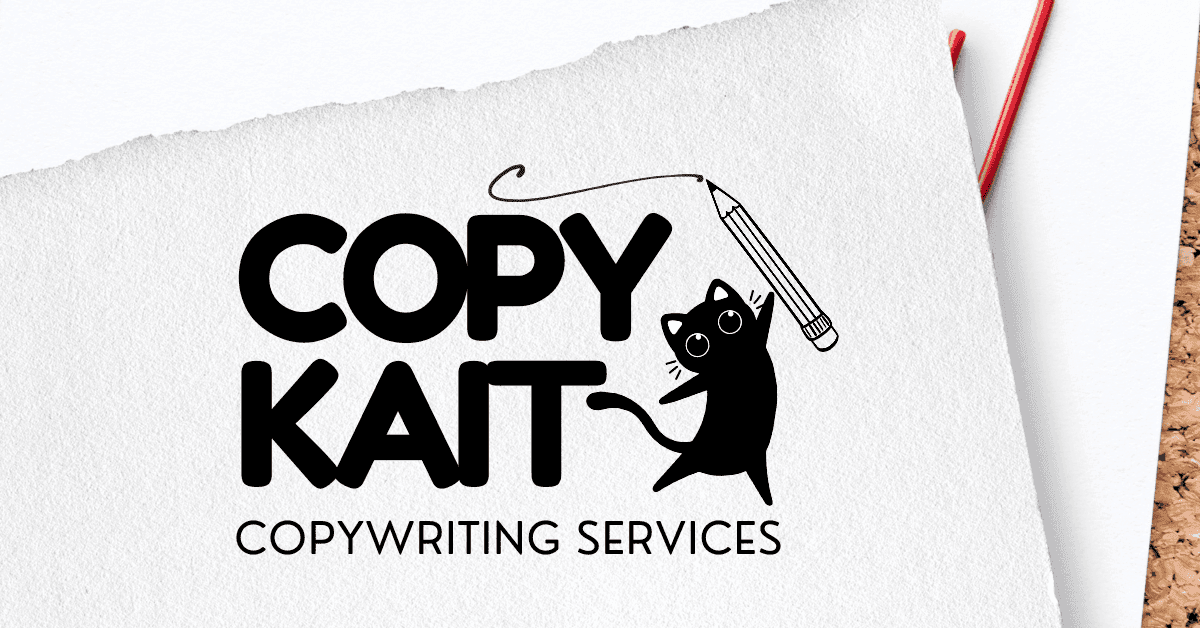It’s true! Embracing a gratitude practice can rewire your perspective, transform how you approach challenges, and boost morale. All of this can result in creating a more positive and resilient outlook that enhances your company’s performance and workplace relationships.
Ultimately, implementing a gratitude practice can help you make better business decisions, increase your resilience, improve mental health, increase productivity, reduce anxiety and relieve stress.
So just what is a daily gratitude practice?
Simply put, a gratitude practice is making a purposeful effort to pause for a few moments and reflect on what you are thankful for. While just having thoughts of gratitude are impactful, writing down specifics can give those thoughts even more power.
A daily gratitude journal of is a great way to collect your thoughts over time and is pretty amazing when you look back in time at all you’ve been grateful for. And some folks do better to just write a gratitude statement on a sticky note or a white board. This is great because it’s visible through the day.
Either way, pausing to reflect on something you are grateful for helps you slow down even if only for a few moments.
Oddly enough, it can seem challenging to think up things to be thankful for. But your gratitude practice does not have to be poetic or super deep. Don’t think too hard about it! Even if you start with “I’m grateful for my dog,” over time you’ll notice that your gratitude practice may hone in on very important and significant things going on around you.
“I’m grateful to walk my dog every morning” may lead to the realization that “Actually I’m grateful for the friendly smiles and conversations I have with other dog owners. I feel genuine happiness seeing the love my neighbors have for their dogs.”
So that’s all on the surface, but what’s really going on when you embrace a gratitude mindset?
The science behind gratitude
It’s not all “woo-woo” touchy feely either. There have actually been numerous scientific studies exploring the effects of a gratitude mindset.
In 2003 Robert A. Emmons and Michael E. McCullough conducted a landmark study where participants “Counted blessings versus burdens.1” This experiment showed that the group who wrote down their daily blessings reported higher well-being, better physical health, and exercised more compared to control groups who documented only neutral or negative feelings and experiences.
And, even more scientifically, a 2015 University of Indiana study, reported in the Journal NeuroImage2, studied “The effects of gratitude expression on neural activity.” This study scanned people’s brains before, during and after various gratitude actions. The results showed changes in brain activity and documented that these positive changes can last up to three months!
The UCLA Mindfulness Awareness Research Center found that regularly expressing gratitude changes brain activity, with neural evidence suggesting it activates the brain’s reward pathways while reducing activity in regions associated with stress.
The Greater Good Science Center at UC Berkeley conducted a multi-year project called “Expanding the Science and Practice of Gratitude,” which produced numerous studies showing gratitude’s effects on physical health, psychological well-being, and social relationships.
And in layman’s terms here’s why it works: Gratitude impacts the brain region called the amygdala, which is where we process fear and stress. Reducing activity in the amygdala both lowers stress and promotes calmness.
Implement a 5-minute gratitude practice and watch your mindset shift
You’ll notice…
Improved decision quality: Gratitude promotes mindfulness, putting you in the moment, reducing reactive thinking and enhancing thoughtful consideration.
Resilience during challenges: A gratitude practice helps maintain perspective during difficult periods. That reduced activity in the amygdala enables clearer decision-making and emotional stability when facing obstacles.
An innovation mindset: Gratitude focuses the mind on abundance instead of sacristy. This perspective can spark creativity and openness to new opportunities rather than fixation on limitations.
Reduced anxiety through improved coping: Again, reduced activity in the amygdala can help with anxiety and depression due to the sense of calm.
Better stress management: A regular gratitude practice reduces stress hormones and helps prevent burnout, allowing for sustained performance over time.
It’s easy to implement a gratitude practice
- Daily Gratitude Journaling
- Keep a journal to note things you’re grateful for daily – personal or business-related, it makes no difference
- Example prompts: “What went well today?” or “Who contributed positively to my work today?” or “What really lit me up today?”
- Express gratitude to employees, clients, and partners
- Show appreciation regularly to employees and clients (e.g., thank-you emails, verbal acknowledgments, rewards)
- Celebrate your team’s small wins or offer positive feedback
- Get the team involved
- Start meetings by asking team members to share something they are grateful for that week
- Create a culture of recognition and support
Internalizing a gratitude mindset with your clients and customers
We’ve explored shifting your mindset with a gratitude practice to improve you at your business, so now let’s take a look at how you can translate gratitude into all your business communications. As a wellness brand your customers are looking to you for authenticity and not lip service.
When done sincerely and consistently gestures such as these build deep emotional loyalty in a space where trust and values are key:
- Spotlight customer stories on your website or in your newsletters
- Offer them access exclusive content
- Celebrate milestones they may have shared with you
- Create your own gratitude focused community within your customer base
Improved mindset at work and in life
A consistent gratitude practice supports a healthier work-life balance and drives positive outcomes across all areas of life – personally and professionally.
Don’t take my word for it, many successful entrepreneurs such as Richard Branson, Arianna Huffington, Oprah and Tony Robbins have all discussed how cultivating gratitude within their organizations contributed significantly to their business and personal success.
I’d love to help you weave an authentic gratitude mindset throughout your wellness communications.
Click here to schedule a free consultation and let’s get started!
Sources Cited
- https://pubmed.ncbi.nlm.nih.gov/12585811/(Emmons/McColl\ouh) Emmons RA, McCullough ME. Counting blessings versus burdens: an experimental investigation of gratitude and subjective well-being in daily life.


